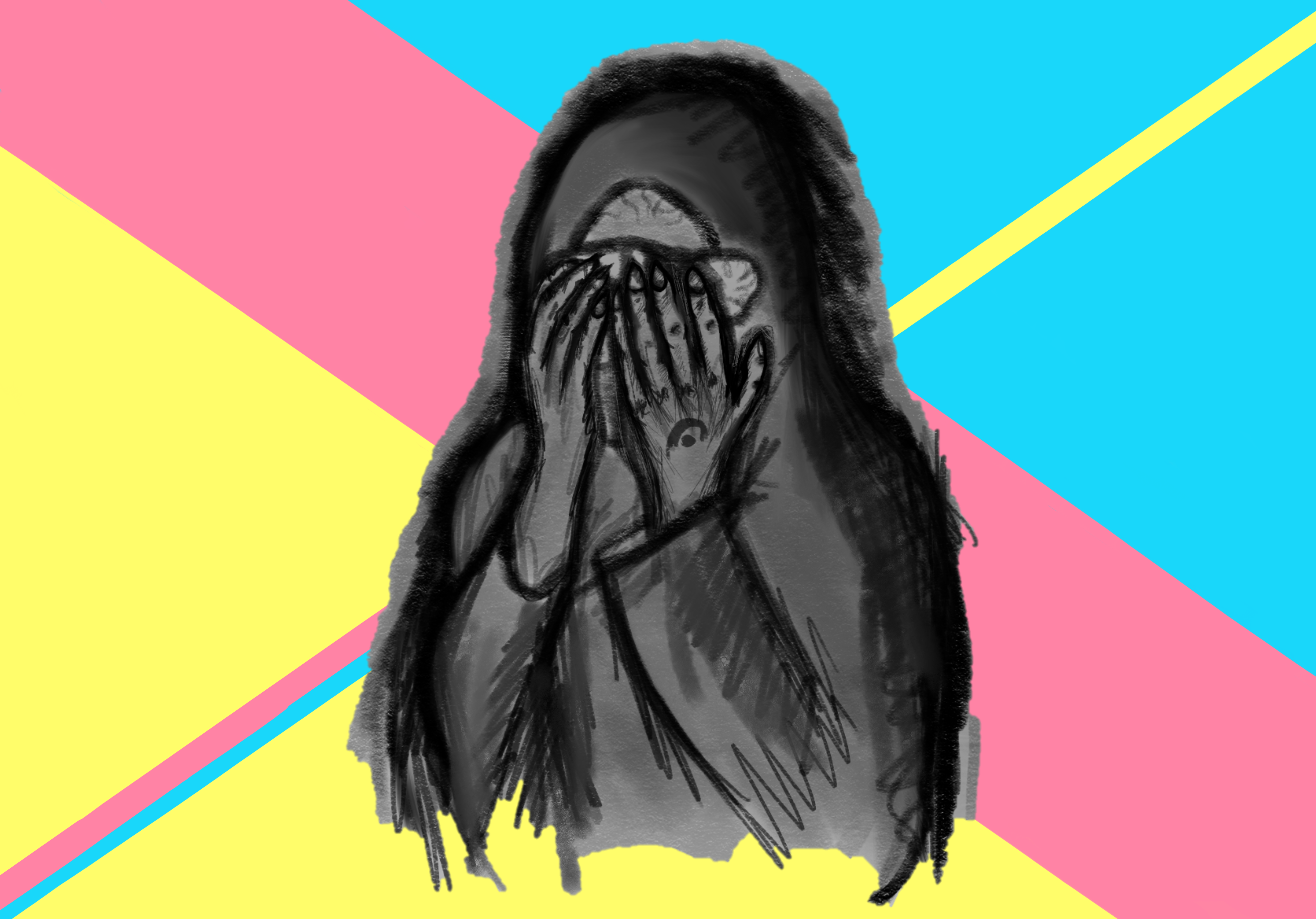
Digitalisation


COVID-19: Virtual Free Movement of Workers
The interrelation between telework and the COVID-19 pandemic has offered a completely new insight into the traditional organisation of work and led to the development of the phenomenon referred to as the ‘new normal.’ By focusing on the EU workforce, this thesis investigates how TICTM (Telework and Information and Communication Technology-based Mobile Work) has shaped their behaviour during COVID-19 from the point of view of European trade unions. This research contributes to the existing literature by arguing that the preparedness of individual member states played a crucial role in workers’ trust in national government and the extent to which the European workforce was able to benefit from the TICTM during a chaotic, precarious and unpredictable period. A semi-quantitative approach was adopted using the constructivist grounded theory methodology to explore workers’ experiences with TICTM, generating a model of TICTM factors shaping their behaviour based on participant’s accounts. Eleven virtual interviews were conducted with European trade unionists, one e-mail interview with the European Trade Union Confederation’s representative and sixty-five responses were obtained via survey. The model developed three theoretical codes: adaptation to the new normal, moral uncertainty, and digital movement.

Afghan Diaspora in the Digital Age: A Grounded Theory
Transnational studies and the term transnational diaspora offer new insight into the interrelation between a specific minority ethnic group and the Internet. By focusing on Afghan refugees, this thesis investigates how the Internet shapes their behaviour both during the migration journey and upon arrival in the destination country, the United Kingdom. Although the engagement with the Internet was examined only after the accommodation in the host country, three causes of cyberspace isolation throughout a migration journey were investigated: financial issues, limited access, and unplanned migration. This research contributes to the existing literature by arguing that the occurrence of immoral content on social media has played a crucial role in the utilisation of the Internet and that the motivation of having a modern lifestyle weakens the potent cultural bond. A qualitative approach was adopted, using the constructivist grounded theory methodology to explore Afghan refugees’ experiences with the Internet and generating a model of Internet factors shaping refugees’ behaviour based on participant’s accounts. Fifteen interviews were conducted with refugees in London and two virtual interviews were conducted with organisational representatives. The model developed three theoretical codes: utilisation of the Internet, moral uncertainty, and behavioural factors. This study developed a substantive theory contributing to diaspora and transnational studies.
Welcome to Marie Olivie, where we transform your digital experience through innovative IT consulting, cutting-edge content creation, and tailored digital solutions. Let us help you unlock your full potential and propel your business or organization to new heights with our expert guidance and advanced technological solutions.
- BE: +32 497 84 54 68
- CZ: +420 734 428 551
- [email protected]

Let's stay in
TOUCH
© 2023 All Rights Reserved

